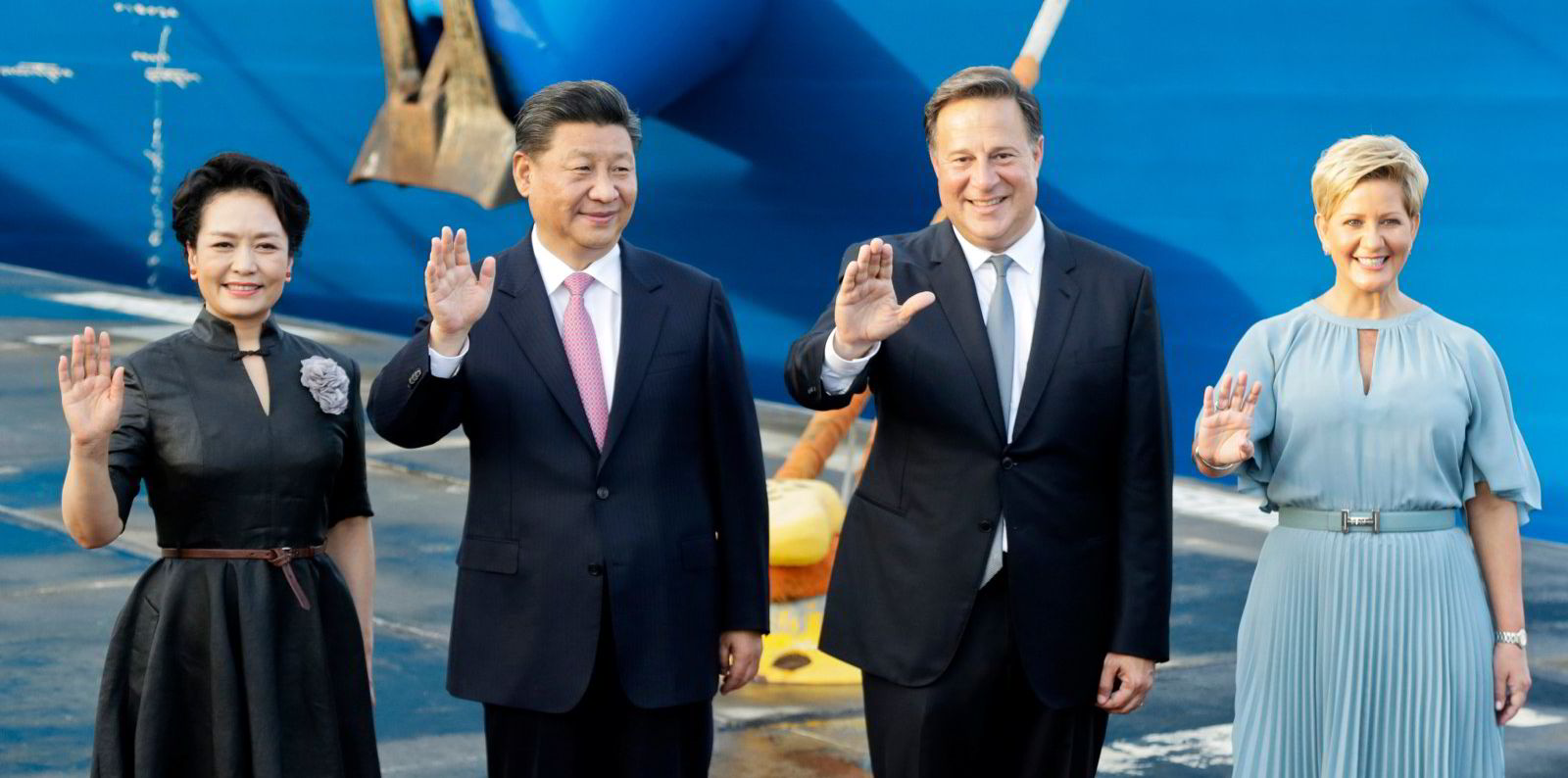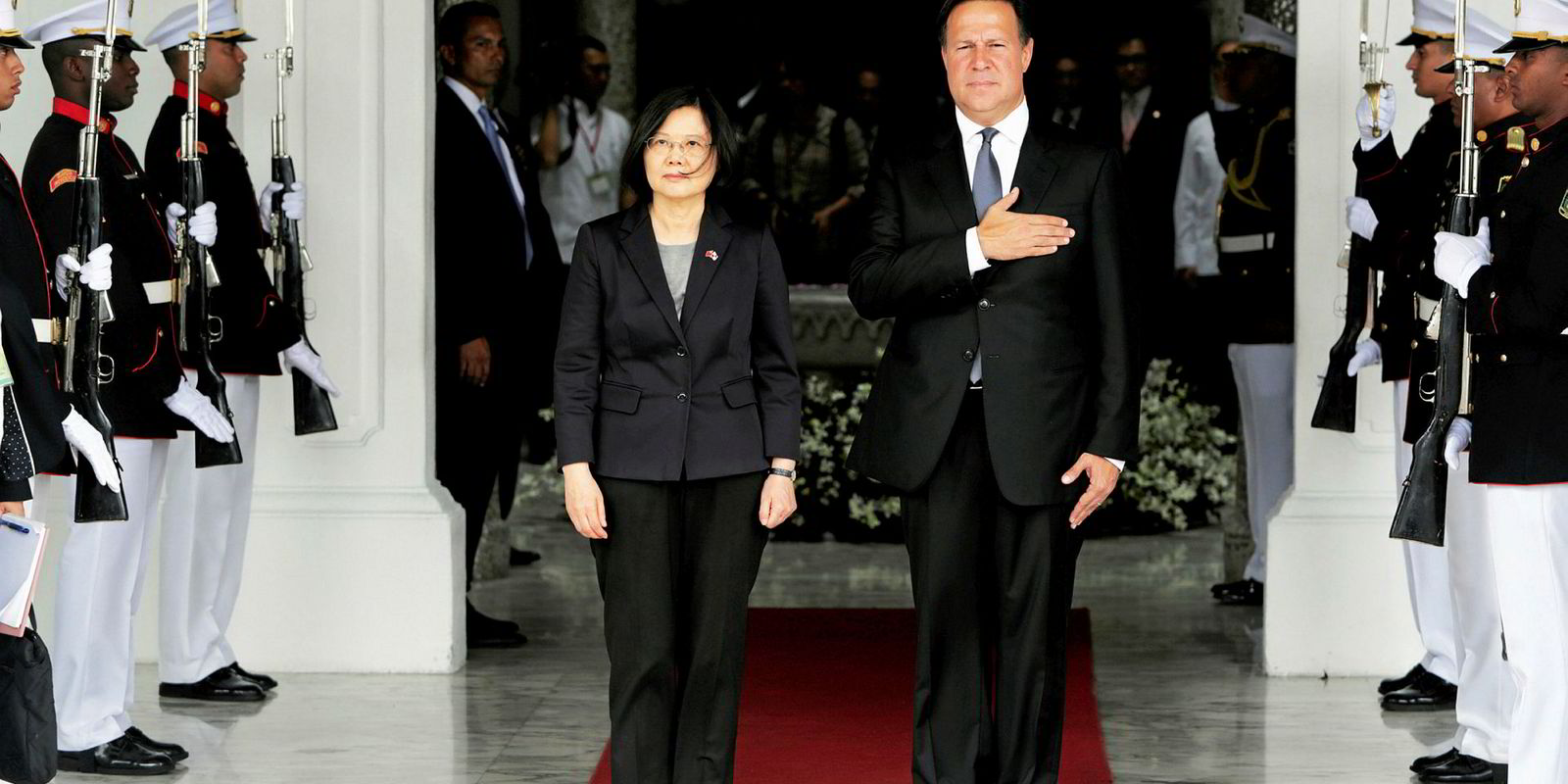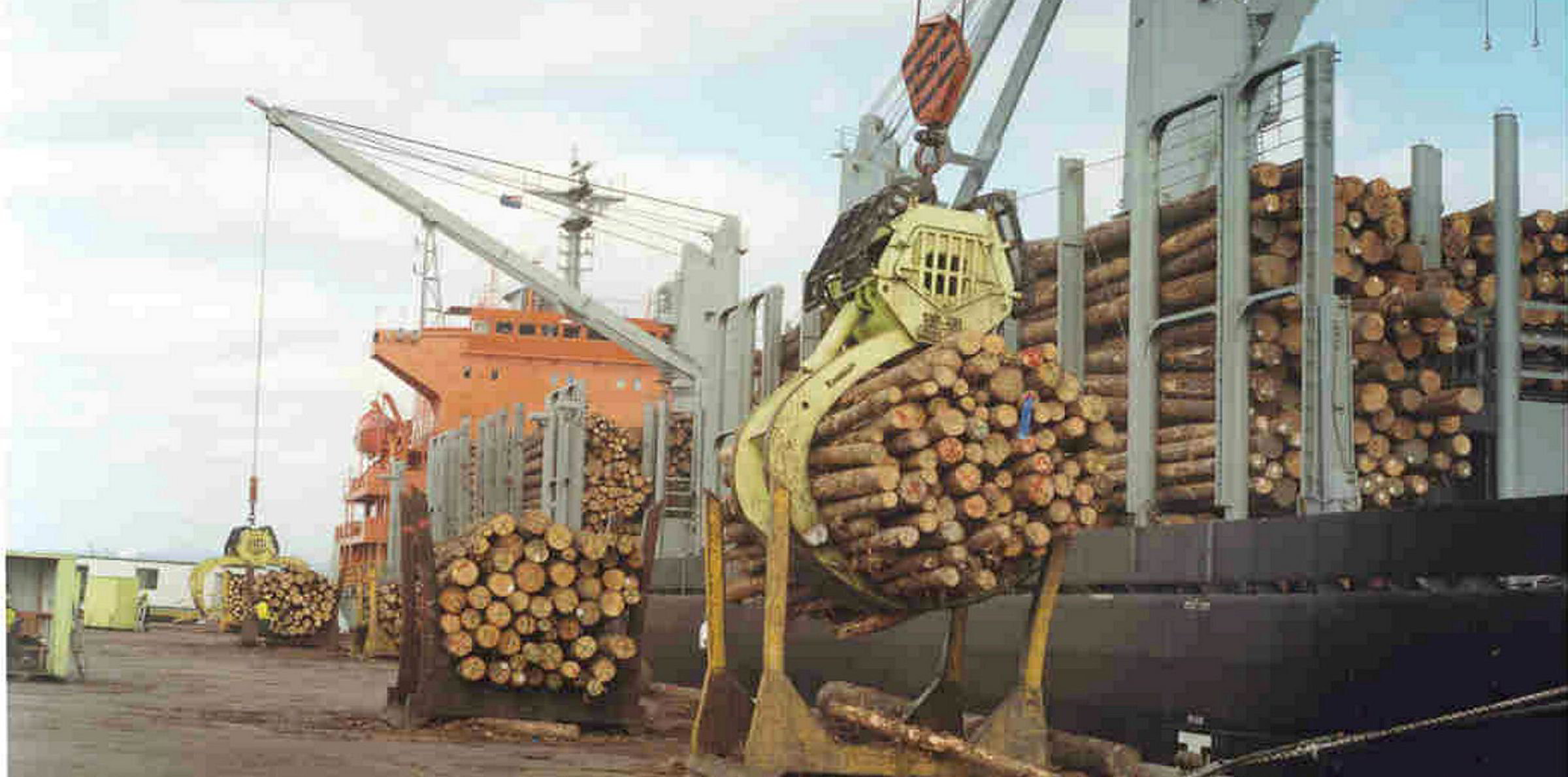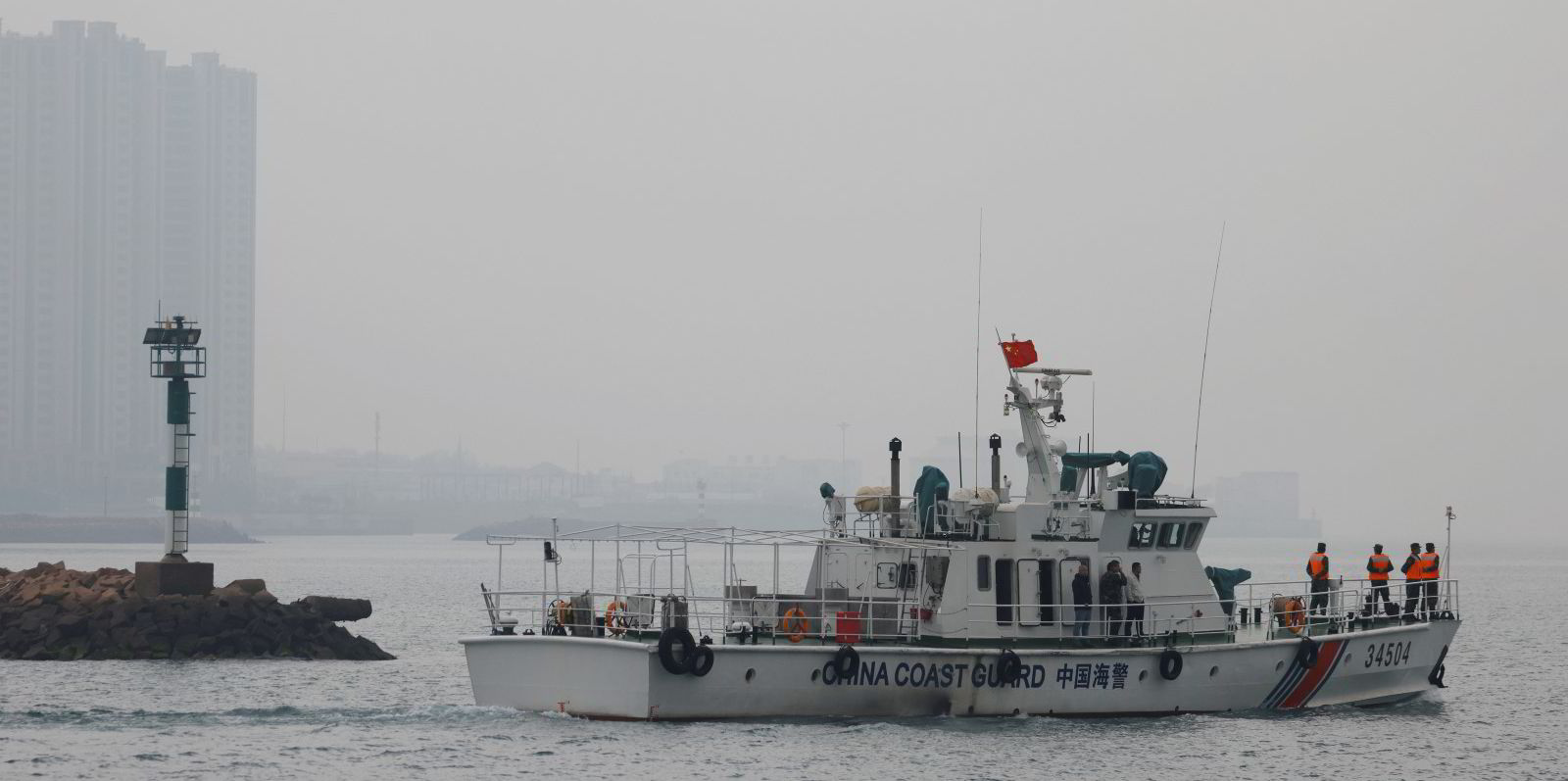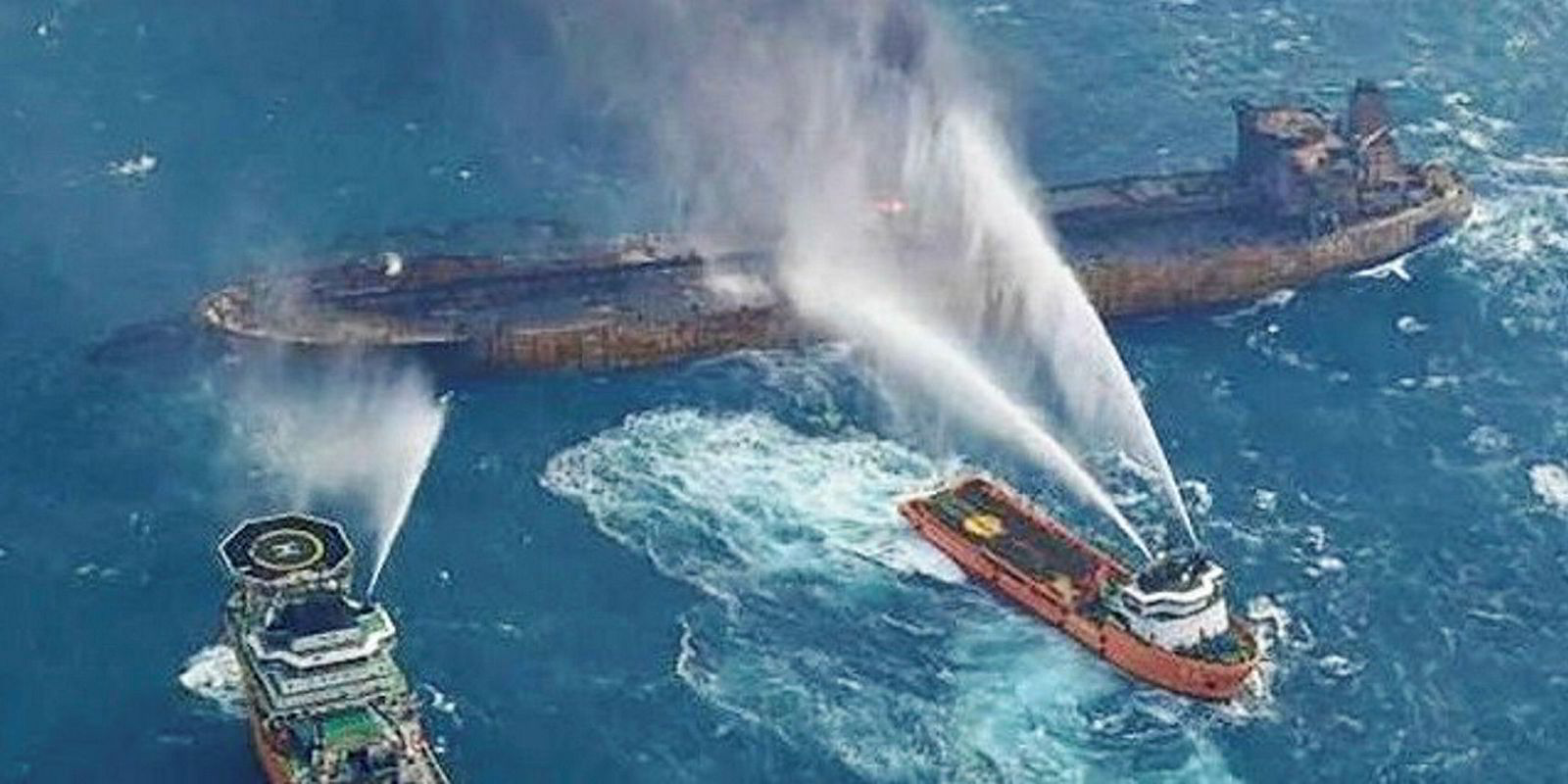China's customs authority has dropped Panama from the list of flag states that enjoy privileged status and low port dues, according to several sources.
Panama's ship registry is popular among Chinese state-owned enterprises (SOEs) and private shipowners.
"In today's markets, where most owners no longer have to count every penny, I wouldn't expect many people to do much about it," said one shipowner with Panama-flagged vessels, who was not willing to be identified.
But at least one shipowner with close connections in China may have anticipated the move and is already transferring vessels to other flags of convenience.
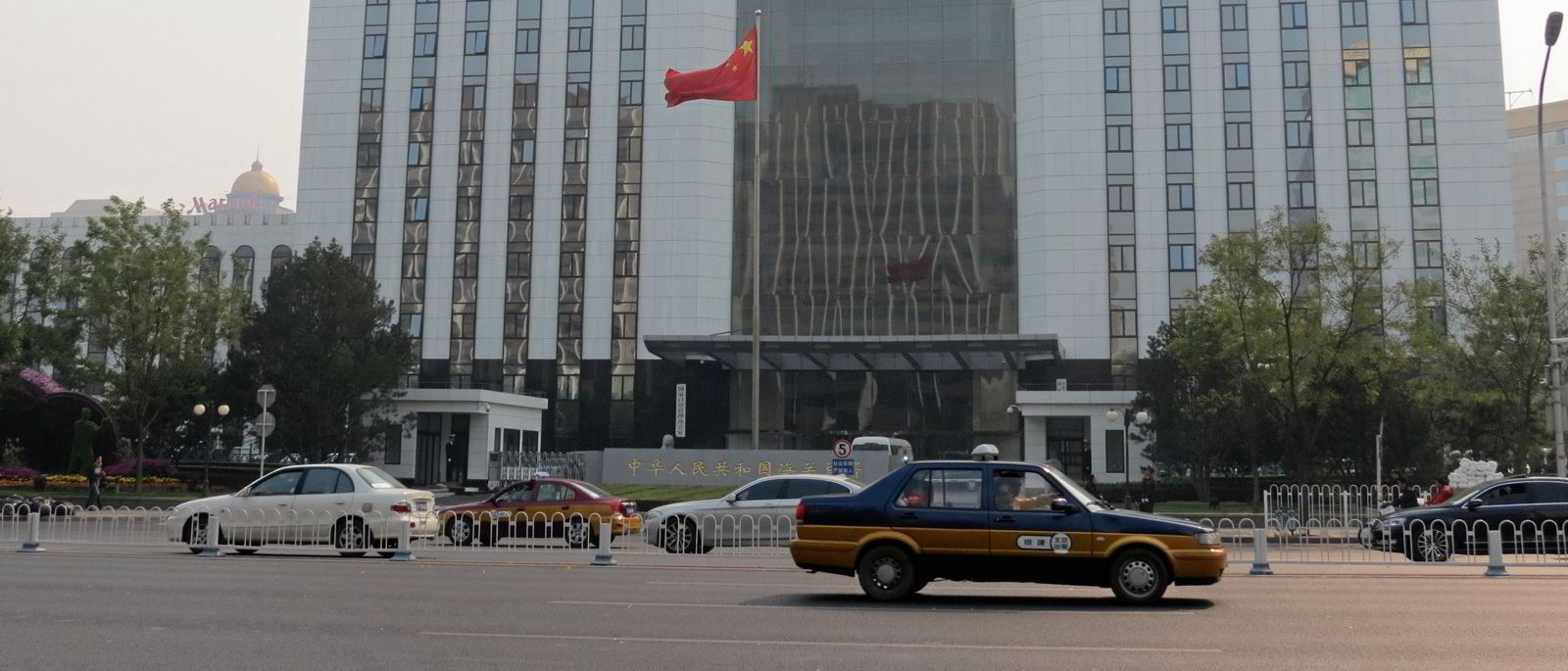
Winning Shipping of Singapore is understood to have begun moving ships before Panama's loss of privileges was officially known.
According to VesselsValue, Winning has 22 ships under the Singapore flag, 10 under the Panama registry and seven under the Liberia flag. Sources with insight into Winning's plans said six capesizes will move to Liberia.
Winning officials in Singapore declined to comment and referred questions to company officials in Qingdao, who could not be reached.
Officials at the Panama Maritime Authority and the country's foreign ministry did not respond to a request for comment.
Shifting alliances
China's action was still not reflected on the website of the General Administration of Custom but was confirmed by port agents and shipowners. It came in the form of a failure to renew Panama's most-favoured nation status.
The privilege had been granted in 2018 after Panama shifted its diplomatic recognition from Taiwan to Beijing the previous year. A renewal had been expected as a matter of routine.
Panama was considered one of Taiwan's most important remaining allies until 2017, when it changed among the two states. The move drew protests from Taiwan's government, but shipowners in that country told TradeWinds it did not severely inconvenience them.
"The practical effect is small because Panama set up a maritime affairs office here in Taipei after six or seven months with largely the same staff," one shipowner said.
Meanwhile, the Liberian International Ship & Corporate Registry had its privileges renewed until 2024.
Of the largest flag of convenience states, Liberia and Panama have diplomatic relations with Beijing, while the Marshall Islands has kept its embassy in Taipei.
Vaccine diplomacy
There is no official indication of what may have triggered China's failure to renew Panama's customs privileges.
One source with a competing flag state said Ministry of Transport officials in Beijing have expressed dissatisfaction with Panama's safety record because of high-profile maritime casualties in Chinese waters.
Especially of concern was the explosive January 2018 collision of the Panama-flagged, 164,000-dwt tanker Sanchi (built 2008) with the Hong Kong-flagged, 76,000-dwt CF Crystal (built 2011).
Another key incident was the April 2021 collision off Qingdao of the 150,000-dwt A Symphony (built 2001) and the Panama-flagged, 35,200-dwt multipurpose vessel Sea Justice (built 2005).
However, other sources pointed out that Chinese customs officials, not the transport ministry, made the port dues decision. Given the size of the Panama fleet, the statistical likelihood of a Panama-flag vessel being involved in two particular collisions is a strong indication of lax safety standards.
There is no public sign of a link between shipping policy and other bilateral issues between Beijing and Panama.
After Panama's shift of diplomatic relations from Taiwan, a Beijing foreign ministry spokesman underscored the relevance of the Panama Canal to China's global transport infrastructure investment scheme, the Belt and Road Initiative (BRI).
"Panama is willing to fully leverage its advantages in geographic location and logistics, and become the gateway and bond between China and Central and Latin America," said Chinese foreign ministry spokesman Geng Shuang in a summary of a 2018 meeting between Chinese President Xi Jinping and then Panamanian president Juan Carlos Varela.
The BRI is being promoted less aggressively in recent years after a series of financial disputes with foreign beneficiaries of the scheme.
A more recent issue between the two countries involves Covid-19 vaccinations. Panama has recently rejected Chinese and Russian offers to supply vaccines.
Vaccine diplomacy has not always achieved the intended results as part of China's strategy of isolating Taiwan.
